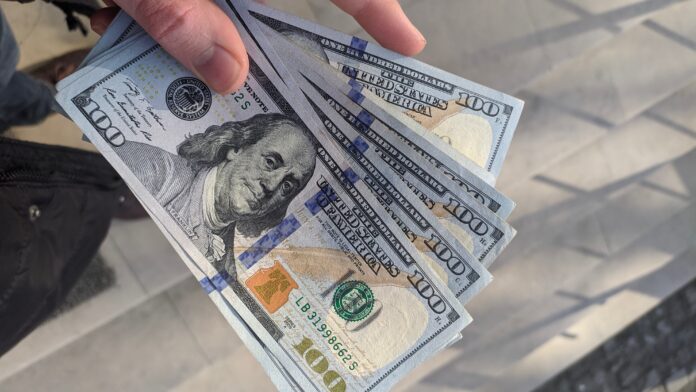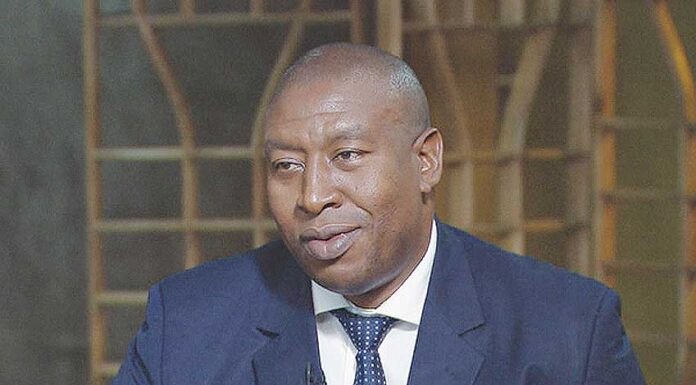By Takudzwa Musakasa
The Confederation of Retailers in Zimbabwe {CRZ} has warned the continued arrest of retailers on charges of abusing the foreign exchange system could lead to product shortages on the market and create a black market for basic commodities.
In an interview, CRZ President Denford Mutashu said government should desist from its hard-line stance to reduce the impact of unintended consequences.
“CZR advice business to comply with the laws of the country while we continue engaging government to reduce the impact of unintended consequences of the current hard line stance like product shortages, creation of black market for basic commodities and other goods.” said Mutashu.
He said the CRZ was in support of the government’s efforts to eradicate the parallel market through regulation, adding the confederation was encouraging its members to abide by the rules .
He however, noted that arresting retailers for breach of regulations was not a viable solution to the current crisis.
“Prices are not letting up as other cost drivers pile pressure on businesses. The focus should be on businesses that are accessing foreign currency from the auction market. Most businesses are suffering from the multiple exchange rate costs and the on-going arrests may compound the woes.” he said.
Many retailers have been arrested for pegging their prices in at the black market rate against the USD.
Former Finance Minister and leader of the opposition Mavambo/Kusile/ Dawn political party, was the latest casualty after he appeared in court on allegations of violating the Exchange Control Act for trading products at his Power Speed Electrical shop in Harare at the parallel market exchange rate of $175 to US$1.
However, many retailers have continued to peg their prices at the parallel market rate arguing that suppliers were charging them at the black market rate.
Renowned Economist John Robertson said there was a great deal of unfairness on the issue of the parallel market as some big entities were taking advantage of the lack of legislation criminalising the parallel market, buying the USD at 85 RTGS and selling it at more than RTGS 150.
Retailers who spoke to this publication said although they were aware of the government directive to use the official rate in pricing their products, it was simply impossible in the current state of the economy.
“We would like to use the government rate, but our suppliers are using the black market rate, this totally changes the system.” he said.
The parallel market rate for those selling foreign currency is between $120 and $160 for a US$1 on the street, whilst the official rate is at $1USD:$87.











